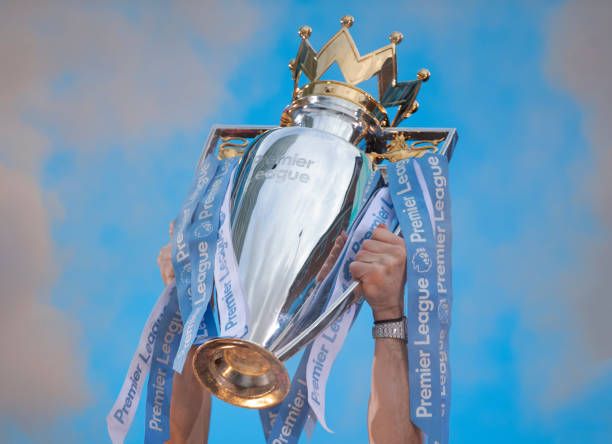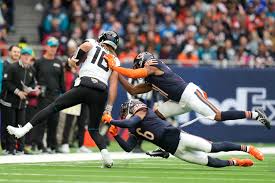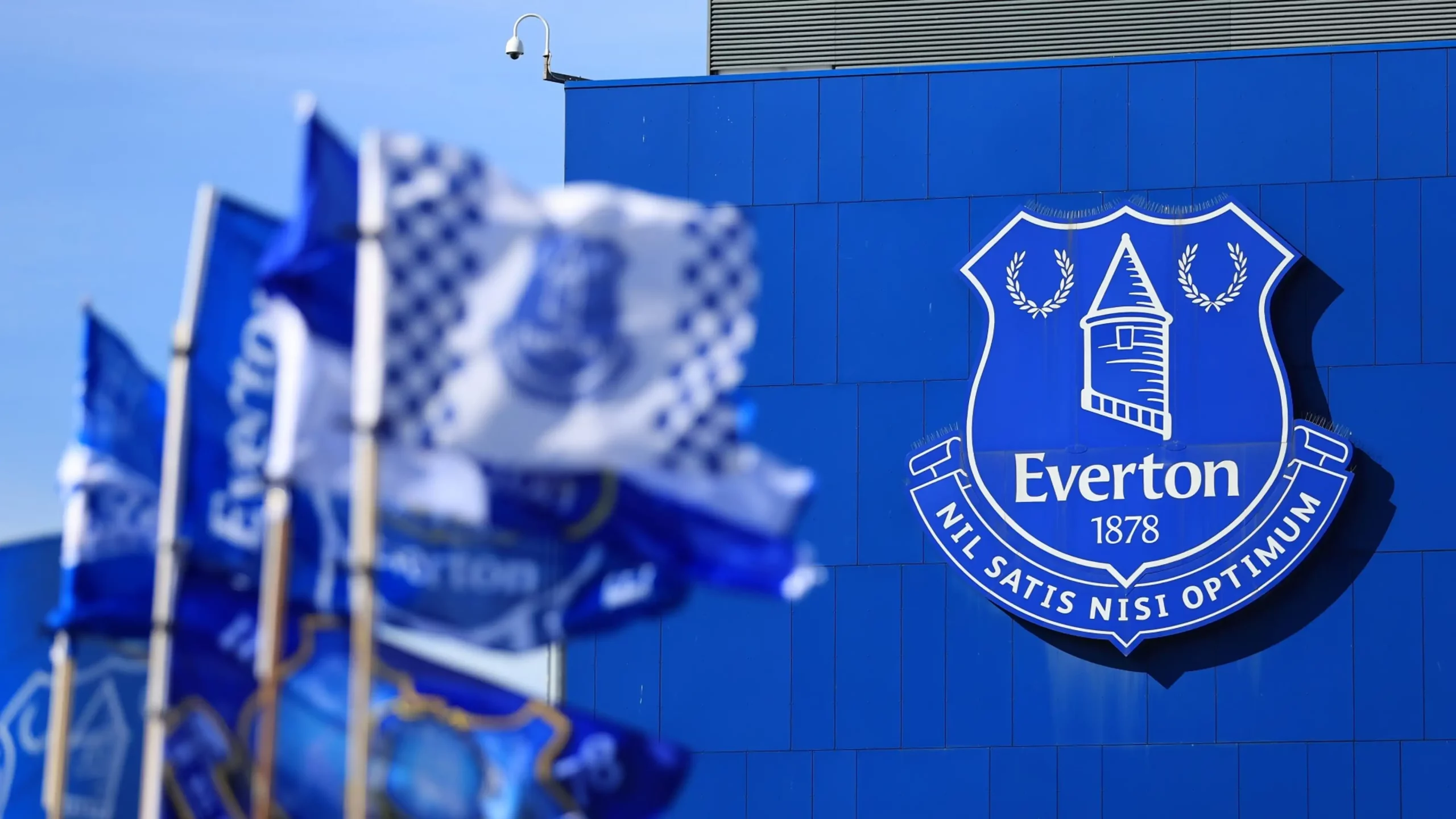
This season marks the return of the Premier League’s winter break, sometimes known as the mid-season player break.
The only other interruption occurred in 2020 due to the COVID-19 outbreak, and it hasn’t happened again since the winter World Cup in Qatar last year.
When is the Premier League winter break?
Instead of the league ending entirely, as is the case in, say, Spain, Germany, and France, the break is divided into two weekends.
Thus, matchweek 21 will consist of five games spread across two weekends. This indicates that ten teams will play one weekend, take the next two off, and the remaining ten teams will take a weekend off before playing.
Five of the games are scheduled for January 20–22, with the remaining half falling between January 12–14.
The break occurs far sooner this season and much closer to the busy Christmas period, when the schedule is more compressed, than it did in 2020, when it occurred during matchweek 26.
What are the fixtures during the winter break?
On both weekends, the five matches are split across three days for TV broadcast purposes. Here are the fixtures (all times are GMT and subject to change):
Friday, 12 January
Burnley v Luton Town (19:45)
Saturday, 13 January
Chelsea v Fulham (12:30)
Newcastle United v Manchester City (17:30)
Sunday, 14 January
Everton v Aston Villa (14:00)
Manchester United v Tottenham Hotspur (16:30)
Saturday, 20 January
Arsenal v Crystal Palace (12:30)
Brentford v Nottingham Forest (17:30)
Sunday, 21 January
Sheffield United v West Ham United (14:00)
Bournemouth v Liverpool (14:30)
Monday, 22 January
Brighton & Hove Albion v Wolverhampton Wanderers (19:45)
The Carabao Cup semi-finals will be played around the break, but any side needing a replay in the FA Cup third round has their break reduced as a result of the extra game.
Which sides will benefit the most?
The FA Cup third round will see a replay for seven Premier League teams: Crystal Palace, Everton, Brentford, Wolves, Luton Town, Nottingham Forest, and West Ham.
The 17-day break that was supposed to help Wolves the most will now just be 11 or 12 days because to the additional game.
Chelsea, Fulham, and Liverpool—the three Premier League teams vying for the EFL Cup—had previously taken shorter breaks. They each get a 10-, 11-, and 11-day break.
Because some teams return to action with their rematch or FA Cup fourth-round tie, which dates have not yet been determined, it is challenging to determine exact breaks at this point.
Burnley gains the most from the winter break if teams are based on the assumption that they play on Tuesday, January 16 for the replays and on Saturday, January 27 if they have an FA Cup fourth-round fixture. The team of Vincent Kompany will go 19 days without a game. The Hatters’ FA Cup replay at Bolton has forced them to move their Premier League match against Luton, which was scheduled for the last weekend before the break, ahead three days. Since they are not in the FA Cup, their first match following the break is on January 31 versus Manchester City.
Sheffield United and Bournemouth will have fifteen days off, while Brighton will have sixteen. Five teams, including Arsenal and Tottenham, presently have 13 days off, while Manchester City and Newcastle have 14.
Because of their replay, Nottingham Forest will now have the shortest break—just nine days. Because of their FA Cup draw, Everton’s break has also been shortened to 10 days.
Right now, the average break is 12.65 days.
Why was it brought in and what was the reaction?
The English Football League, Premier League, and Football Association decided on the first break in June 2018.
Ahead of the European Championship that summer, the FA called it “a significant moment” and stated that it would “greatly benefit club and country”. This summer is the same.
The last time around, players took a vacation from training before several elite teams decided to head abroad for warm-weather training.
Although most of the responses were encouraging, Tottenham manager Jose Mourinho later declared that he “doesn’t care about the break” since he preferred it to be closer to their Champions League round of 16 match against RB Leipzig.
The FA Cup replays that cut short the previous break irritated Liverpool manager Jurgen Klopp, who decided to exclude himself and the first team from their match against Shrewsbury, stating, “If we react how we always react and find a way to do it, then nothing will change.”
The German manager referred to his team’s victory over Arsenal on Sunday as “the biggest bonus ever” and Brentford manager Thomas Frank, whose team drew with Wolves, described it as “the worst outcome in every aspect.”
Following his team’s 0-0 draw with Everton, Crystal Palace manager Roy Hodgson described the replay as “the last thing either of us wanted in a way”.


